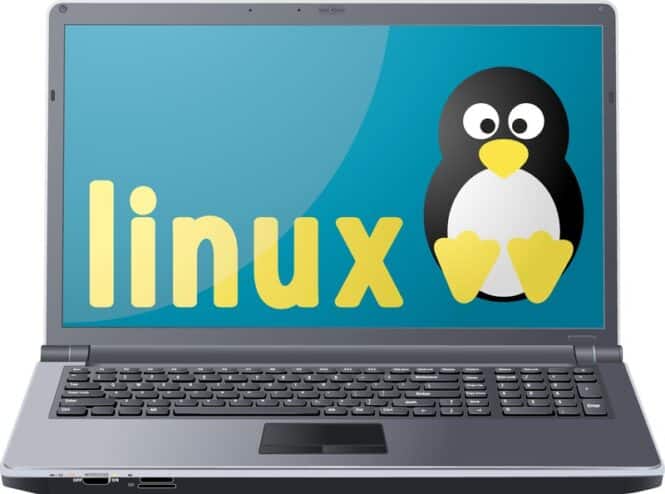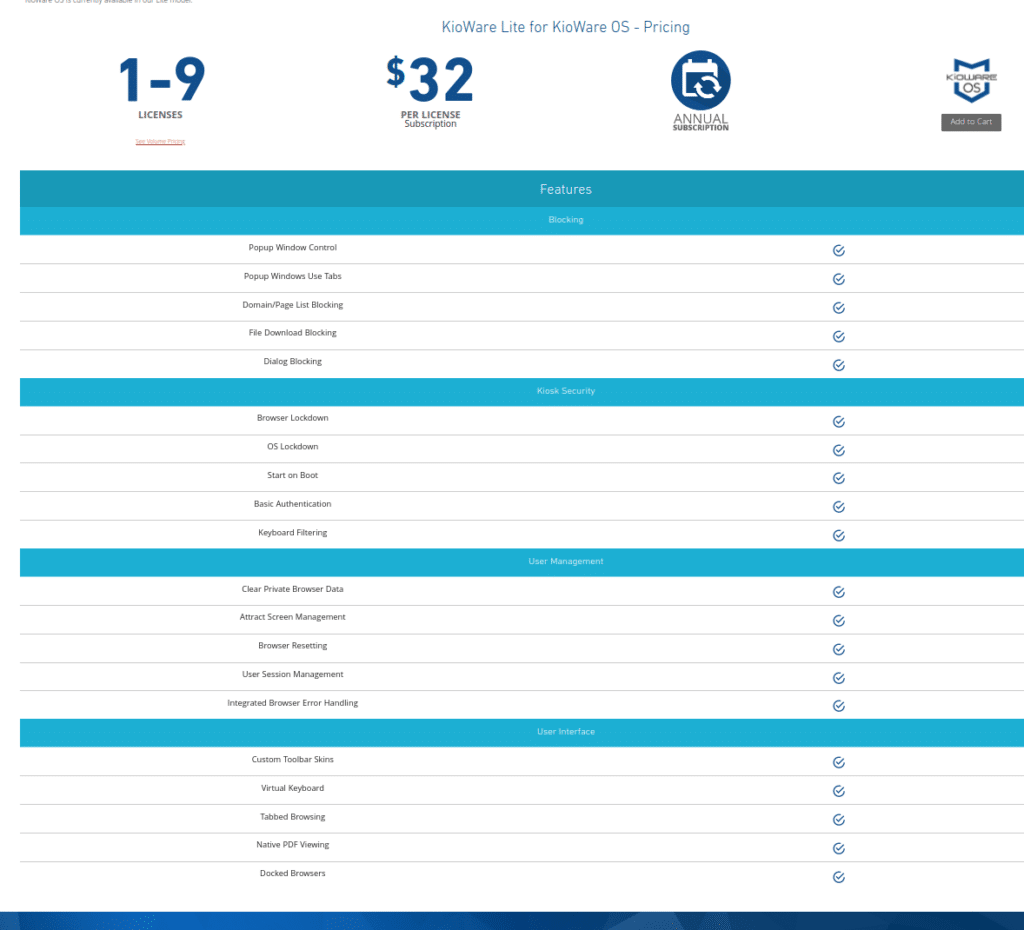
Linux and the Kiosk Industry
Linux has emerged as the next incremental step in self-service kiosks (see new hardware options from Elo). Cost has always been a major concern and Windows has run its course at typically $80 license for decent CPU. Android native is free but for purposes of self-service must be customized. Linux offers zero cost and total control. No more wondering if a Windows patch cycle has downed your machine. Another entry is Flex from Google. Several kiosk projects in hospitality have been deployed. With any OS you choose it should come with free built-in remote monitoring designed for kiosks. Originally published on KioWare Kiosk Software website. You can view the original release here.
Linux Has a Strong Future in the Kiosk Industry
The kiosk industry has been rapidly expanding and evolving in recent years, and as technology progresses, so do the hardware and software platforms that are used to power these devices. Primarily due to a wide range of device support, the Windows OS has long been the leading choice for kiosks; however, Android has been making solid gains in market share recently. We believe that Linux has become a very good OS on which to build a kiosk, and that Linux has the brightest future in the kiosk industry.
In particular, our KioWare OS for Linux® makes it possible to create a kiosk appliance. We have taken a very minimal version of the Debian Linux distribution, added only what’s necessary for a kiosk to run, and integrated KioWare directly into the OS. When the device boots, KioWare loads first and controls any other apps you have configured to be loaded. KioWare is completely in charge, and to exit KioWare is to power down the device. With KioWare, the device has become a kiosk appliance with only one purpose: being a self-service kiosk.
Over the years, Windows OS has become a bulky choice for kiosks. It still holds a commanding lead in device support, but it comes with a lot of operational baggage. With Windows, kiosk software has to spend a lot of effort making sure the kiosk is running efficiently and robustly.
Android has the issue of each hardware manufacturer using their own unique, and sometimes proprietary, low-level OS functions. As kiosk system software, we need low-level access to the OS to provide a safe and robust kiosk solution, and that is challenging when that access varies among hardware manufacturers. Some manufacturers’ APIs are poorly documented or buggy, and others are not available. Fortunately, Samsung, the market leader, does provide quality low-level access to the OS, and our KioWare for Android product supports the Samsung/Knox version of Android. We have integrated the Tinker Board and Raspberry Pi hardware in our KioWare OS for Android product and can add additional Android hardware manufacturers as demand dictates.
iOS has the problem of Apple completely controlling not only the hardware but also the low-level access, and while there are kiosk use cases where iOS works fine, it is not a general-purpose self-service kiosk solution.
Linux has two primary advantages. First, unlike Android and iOS, which are designed to run on specific hardware configurations, Linux is open-source software that works with a wider variety of devices. This makes it easier for kiosk manufacturers and businesses to choose the hardware that best suits their needs and budget, without being limited to a specific set of options. KioWare OS for Linux currently runs on x86-64, Raspberry Pi and ASUS Tinker Board.
The second advantage of Linux is, because it is lightweight and open source, the OS can be designed to contain just the essentials a kiosk needs, and it can easily be modified to enhance security or provide useful features. Windows, Android and iOS come with a lot of extra features, applications, and services that are not necessary for a self-service kiosk deployment. This excess baggage causes performance issues and in the extreme case can cause security issues.
It is worth noting that Linux is already being used successfully in many other sectors, such as healthcare, retail, and industrial automation. With its flexibility, hardware compatibility, and the ability to create customized systems, Linux may very well be the future of the kiosk industry. Only time will tell, but businesses and kiosk manufacturers should keep a close eye on this trend and seriously consider KioWare OS for Linux.
Linux® is the registered trademark of Linus Torvalds in the U.S. and other countries.
About Linux Kiosk by KioWare
Our most secure product to date, KioWare OS is a custom-built software designed from the ground up, with the customer in mind. No prior experience with Linux is needed to deploy this, as kiosk and system functionality can be defined using our Configuration Tool program, making for an easy set-up. Within the Configuration Tool, you’ll also find convenient access to update your product to the latest version. It is lightweight enough to run on smaller devices, such as the Raspberry Pi or ASUS Tinkerboard, as well as larger Intel-based devices.
KioWare OS is currently available in our Lite model.
Price: $32 per license (see volume pricing)
So What About Devices?
Looking at the new Elo Slates which is also Debian here are the devices supported out-of-the-box (11 total)
- Magnetic Stripe Reader (MSR) – Elo P/N: E001002
Fingerprint Scanner – Elo P/N: E134286
GPIO Cable – Elo P/N: E211544
POE Module Kit – Elo P/N: E413396
EMV Cradle for MagTek eDynamo – Elo P/N: E375343
EMV Cradle for Ingenico RP457c (with Audio Jack, BT and USB) – Elo P/N: E586981
EMV Cradle for Ingenico RP457c (with BT and USB) – Elo P/N: E710930
Status Light (Micro-USB Connectivity) – Elo P/N: E644767
Temperature Sensor Pro – Elo P/N: E534879
3D Camera – Elo P/N: E134699
Webcam – Elo P/N: E201494

